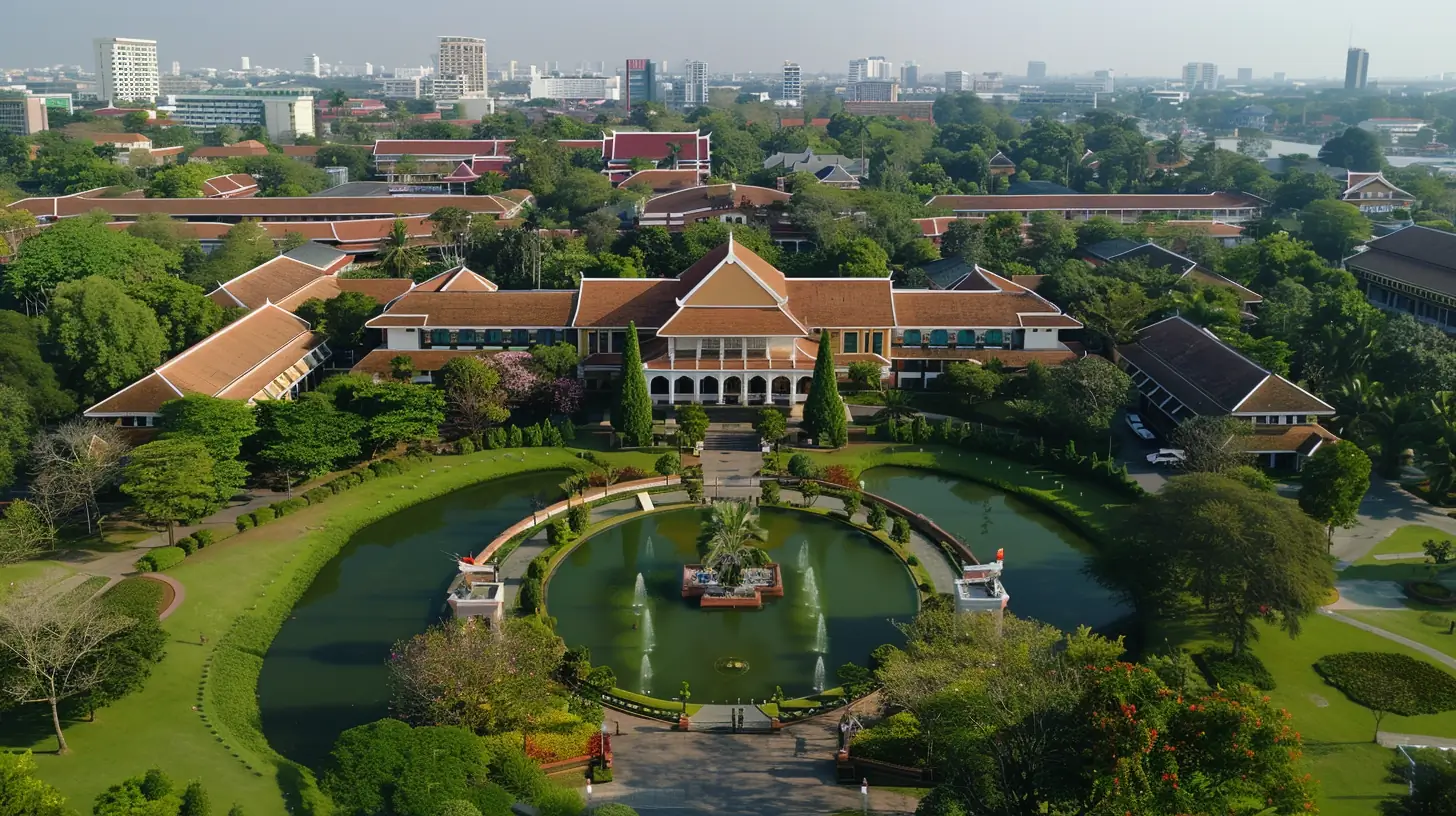Last updated on June 25th, 2024 at 09:27 am
- Driving The News: Professor Panthep Puapongphan from Rangsit University addresses and debunks claims of increased psychiatric cases following cannabis decriminalization.
- Why It Matters: The discussion highlights the importance of accurate data in shaping cannabis policies and the potential impact of misinformation.
- The Big Picture: Effective law enforcement and thoughtful regulation are emphasized as crucial in addressing substance abuse issues rather than reclassifying cannabis as a narcotic.
Rewritten News Story
BANGKOK, THAILAND – On June 15, 2024, Professor PANTHEP PUAPONGPHAN, Dean of the College of Oriental Medicine at Rangsit University, publicly addressed misinformation regarding the alleged increase in psychiatric cases following the decriminalization of cannabis in June 2022. His remarks come after Deputy Government Spokesman Karom Phonphonklang warned Thai Minister of Public Health SOMSAK THEPSUTHIN about pushing to reclassify cannabis as a type 5 narcotic.
Professor Panthep criticized claims that decriminalizing cannabis led to more psychiatric patients, explaining that comparing data from post-decriminalization periods to the COVID-19 lockdown year of 2021 is misleading. He noted that fluctuations in psychiatric cases were due to the pandemic rather than cannabis policy changes.
The National Economic and Social Development Council (NESDC) reported that the number of people receiving psychiatric services in 2023 (2.9 million) was similar to pre-pandemic levels in 2019 (2.8 million) and even lower than in 2018. This data contradicts the assertion that cannabis decriminalization has worsened psychiatric issues. Additionally, the Ministry of Public Health data showed a consistent decrease in drug rehabilitation cases from 2021 to 2024, averaging 26,705 fewer cases annually, further challenging the narrative against cannabis.
Professor Panthep emphasized the importance of effective law enforcement and thoughtful regulation to address substance abuse problems instead of reclassifying cannabis as an illegal narcotic. He urged policymakers to focus on evidence-based approaches to ensure public health and safety.
